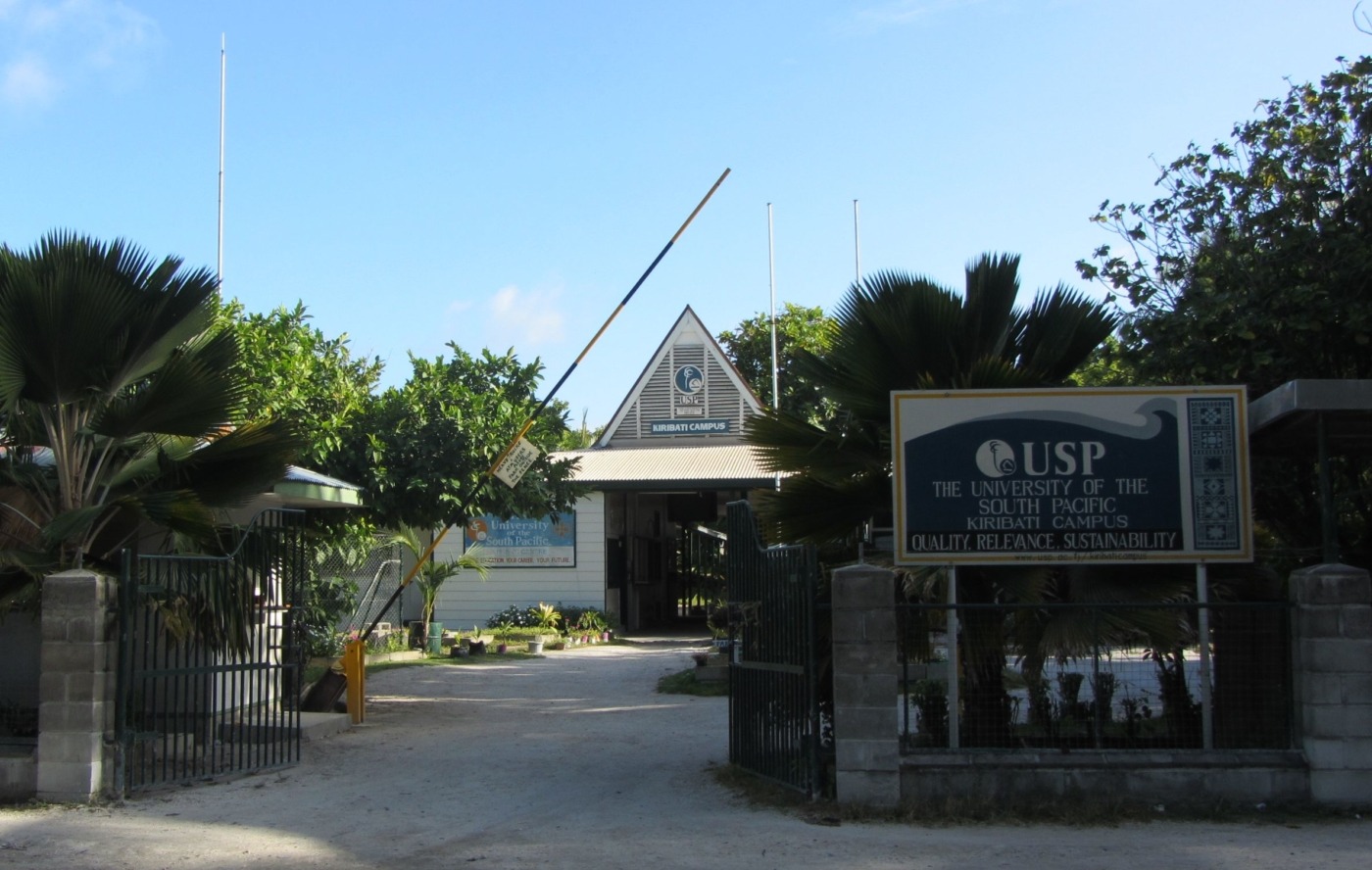University of the South Pacific in crisis after vice-chancellor suspended amid financial irregularity allegations
Vice-chancellor Pal Ahluwalia was suspended, and subsequently reinstated, after he alleged widespread financial irregularities at the University of the South Pacific (USP).
USP is one of two regional universities in the world and has been seen as a leading example of Pacific cooperation at work.
It is jointly owned by twelve countries, with campuses in each, and 20,000 students from across the region.
The current crisis has been described by alumni and staff as one of the greatest in the institution’s history.
Ahluwalia began his tenure as USP vice-chancellor in January 2019 with a mandate for reform and modernisation.
He authored a report that alleged widespread irregularities, including salary increases, misappropriation of allowances and unearned promotions, that all took place under the 10-year reign of the former vice-chancellor, Professor Rajesh Chandra, and pro-chancellor, Winston Thompson. This report was leaked, causing intense public scrutiny on the university.
Our vice-chancellor is standing up for justice, good governance and transparency
– Elizabeth Reade-Fong
USP’s audit and risk committee ordered an independent investigation by New Zealand-based accounting firm BDO. The resulting report found some of the allegations to be substantiated and said further investigation was required along with “stronger oversight” from the university council.
Chandra said the reports “did not find any fraud, corruption or abuse of office against me personally” and subsequent investigations had “vindicated” him. Thompson said the leak of Ahluwalia’s original report was a “gross injustice” with “unsubstantiated” claims.
BDO’s report came into public domain last week, disclosing 25 senior staff who were being paid millions of dollars in salaries and allowances to which they may have not been entitled.
Ahluwalia’s stance won him support from faculty and students but caused difficulties with many in senior management, in particular pro-chancellor Thompson, who Ahluwalia previously referred to as “unapproachable”.
He was suspended by USP’s executive committee on allegations of unspecified misdemeanours and material misconduct. A special meeting of the larger university council on Friday reinstated him, by a majority of 22-9, stating that they are not persuaded that due process was followed in Ahluwalia’s suspension. Nevertheless, Ahluwalia still faces investigation for material misconduct.
Ahluwalia denies all allegations of misconduct and claims he has been the victim of a witch-hunt: “I have no doubt that it is a by-product of that initial report that I took… Most places … whistleblowers are protected. Here I have been thrown under the bus.”
Students have threatened to boycott exams and staff have shut the library in protest over Ahluwalia’s treatment. Hundreds had gathered to support the professor at the university’s Suva campus, with Ilima Finiasi, of the USP Staff Union, claiming that Ahluwalia had been treated unfairly.
Ahluwalia’s supporters and USP alumni claimed that he has been the victim of a “deeply personal and vengeful vendetta” to remove him from office for exposing allegedly corrupt practices.
Elizabeth Reade-Fong, USP’s chief librarian, said: “Our vice-chancellor is standing up for justice, good governance and transparency.”
Thompson defended Ahluwalia’s suspension: “The executive council has the power … to take the action … that it did. For anyone to claim that it is acting illegally is clearly incorrect.”
He added: “There is a long list [of allegations against Ahluwalia] but a thorough investigation will be carried out so that the facts of those allegations will come forward.”
The region must not allow USP to become another national university. All member countries must have a say in its future
– Lionel Aingimea
Smaller Pacific nations are concerned that Fiji, USP’s largest Pacific funder and the site of its main campus, is seeking to “nationalise” the university, although Fiji’s government has called this claim “baseless”.
Lionel Aingimea, Nauru’s president and incoming chancellor of USP, said the suspension of Ahluwalia was illegal and alleged that USP was being “hijacked”.
“The region must not allow USP to become another national university. All member countries must have a say in its future,” he said.
Australia has been concerned enough about USP’s governance in recent years to withhold millions in funding, and foreign minister Marise Payne said they remain “concerned about leadership issues at the university”. However, Australia has still committed $84m over the next six years to USP.
Nitya Reddy, an alumnus and former vice-president of the USP student association, said Ahluwalia’s “trial by media” established “a new nadir in public conduct and good governance”.
But Reade-Fong said Ahluwalia’s subsequent reinstatement was in the best interest of education in the region. She said that the “university council reaffirmed for all of us that it still has its eyes in the right direction”.
The crisis has caused significant concern that USP’s reputation has been damaged, with Dr Wadan Narsey, a former USP staff member, claiming that the crisis represented a “collective failure by all of [USP’s] stakeholders”.

Comments